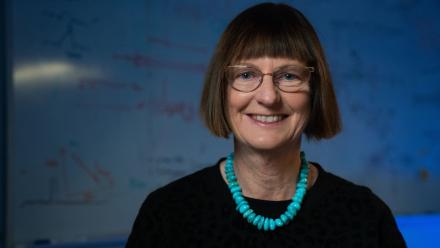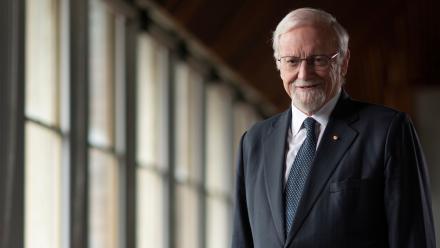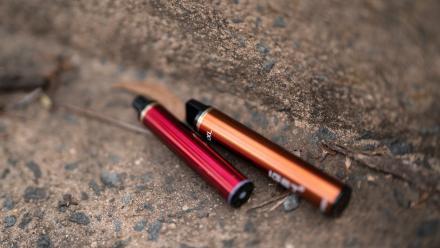Supporting women in science
“Small amounts can really make something viable,” he said. “There is much attention given to the grandiosity of the large donation, but my small amount helps two women to continue in science for the benefit of our society."
The John Curtin School of Medicine Gender Equity Award, which was first awarded in 2015, aims to open doors for medical researchers as they strive to maintain careers in science while managing a young family.
The award was established through an initial donation by Professor Carola Garcia de Vinuesa, Head, Department of Immunology and Infectious Disease, and will continue with the support of şÚÁĎĚěĚĂalumnus Mr Richard Miller and the John Curtin School of Medical Research.
Richard said it makes sense to support women when family demands threaten to interrupt their careers in science.
"We put all of this capital investment - and I am speaking economically - into bringing people to [an advanced] stage, and then we close the door on them," he said.
Richard said the flexibility of the award would allow women to use the funds in a manner that best facilitated their career continuity.
One of the 2015 recipients, Dr Anne Bruestle, who was pregnant when she received the award, planned to use the money to fund her parents to travel to Australia from Germany to assist with child care when her baby was born. Dr Rebecca Sweet also received the award in 2015.
Richard, who studied law at şÚÁĎĚěĚĂin the 1960s, said he was driven to make the donation because he wanted to give back to the University.
"I spent my working life as a lawyer, so I owe my wellbeing to what I learnt [at ANU]," said Richard, adding that he had initially thought about making a donation in his will. "But having seen just how many women were working within John Curtin as scientists and, [finding that] many of these women's careers were curtailed because of their personal circumstances related to having children, I thought the most appropriate step was to do something now."
Richard described his donation as "modest" and encouraged other donors not to be dissuaded from donating because "it's not enough".
"Small amounts can really make something viable," he said. "There is much attention given to the grandiosity of the large donation, but my small amount helps two women to continue in science for the benefit of our society.


